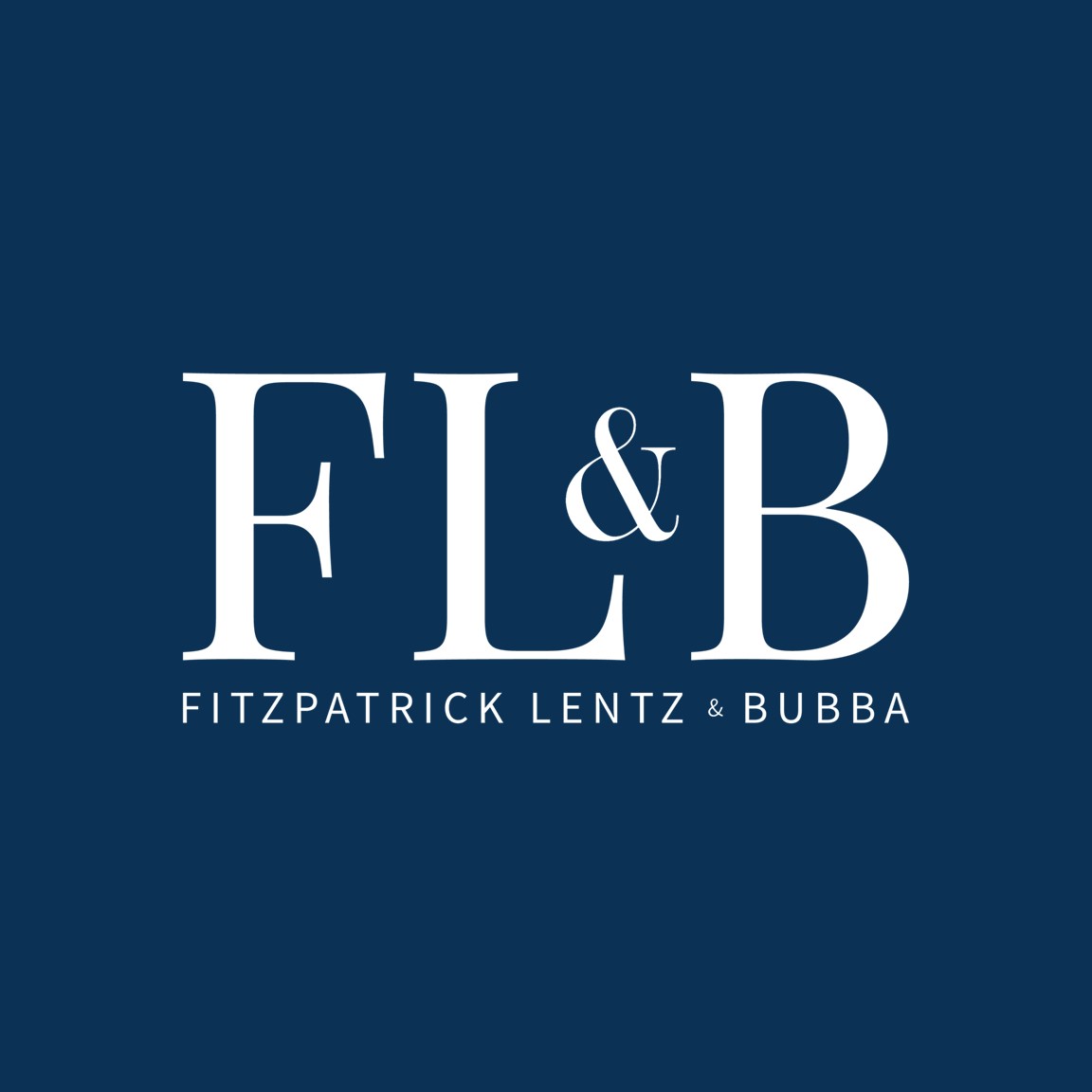
Medicaid and CHIP
The ARP expands the Families First Coronavirus Response legislation that initially required Medicaid and Children’s Health Insurance Programs (CHIP) to cover the costs of Covid-19 testing without cost-sharing. Now, under the ARP, these programs are also required to provide full coverage for Covid-19 vaccines, treatments tangential to Covid-19, and even treatment for conditions that are known to complicate Covid-19 treatment.
Reauthorization of the State Small Business Credit Initiative (SSBCI) Act of 2010
The SSSBCI established a seven year initiative administered by the Department of the Interior to allocate federal funds to participating states with capital access programs. The SSBCI required such programs to extend credit to borrowers with less than 750 employees up to $20 million. Rather than the years 2008 and 2009, the SSBCI has been amended to apply to the years 2020 and 2021.
Modifications to the Paycheck Protection Program (“PPP”)
An additional $7.25 billion has been designated to the Small Business Administration (SBA) for the PPP Program. Additionally, the PPP program has been expanded and the SBA now has authority to grant PPP loans to tax-exempt non-profits except for those described in subsections (3), (4), (6), and (19); i.e., non-profit corporations or foundations, civic leagues, business leagues, and Armed Forces posts, respectively. However, these non-profit organizations must have less than 500 employees per physical location and it must not receive more than 15 percent of its receipts from lobbying activities and the cost of its lobbying activities cannot exceed $1,000,000.
The SBA now has the authority to grant PPP loans to Internet Publishing Organizations as well. These organizations must have an NAICS code of 519130 or certify in good faith as an internet-only periodical publisher and engage in collecting and distributing local, regional, or national news. These organizations must also have less than 500 employees in order to qualify.
Economic Injury Disaster (EIDL) Advances
The ARP provides additional economic assistance to covered entities and severely impacted small businesses. By this the ARP means companies that employ 10 or less individuals and have suffered an economic loss of more than 50%. These businesses may qualify for grants of up to $10,000 from the SBA. For federal income tax purposes, EIDL advances are not included in gross income of the persons who will receive them, so they will not be taxed, but as an added bonus, expenses used with the proceeds of these advances can be deducted and used to create other tax attributes as well. As applied to partnerships and S Corporations, these advances shall also be tax exempt for partners and shareholders.
Provisions Specific to the Restaurant Industry
A new grant has also been delegated to the SBA specific to restaurants- the Restaurant Revitalization Fund. Though the ARP says “restaurant” this should not be read literally. Under this provision saloons, taverns, food carts and food trucks also qualify for assistance from the SBA, so long as they have been in business since March 13, 2020. However, this aid specific to restaurants keeps with the ARP’s overarching purpose of helping small businesses. Entities that are owned by state or local governments, own or operate more than 20 locations, are publicly traded, or received a grant under section 324 of the Economic Aid Act (i.e., Shuttered Venue Operators) do not qualify. Any eligible restaurants must also certify to the SBA that the uncertain economic conditions have necessitated the grant request and that approving the request is critical to the continuation of the restaurant. These grants cap at $5 million per physical location and $10 million for an eligible entity. Similar to the tax treatment of EIDL advances, any grants received from the SBA through the restaurant grant is not treated as taxable income with the added benefit of being able to deduct expenses paid for with proceeds from these grants.
Shuttered Venue Operators
As briefly touched on above, the Economic Aid Act passed last December provided assistance for shuttered venues. The ARP is now providing an additional $1.25 billion in relief for these venues.
Extension of Pandemic Unemployment Assistance
The enhanced unemployment insurance of $300 now extends through September 6, 2021 under the ARP. This also extends to the self-employed, freelances, and others who work independently that typically do not qualify for unemployment. Additionally, rather than exhausting after 24 weeks, unemployment has been extended to 53 weeks. Finally, the first $10,200 of unemployment compensation is excluded from taxable income for those who received it during the 2020 tax year.
Stimulus Payments
Individuals with adjusted gross income of $75,000 can expect to receive $1,400 while, $150,000 for couples filing jointly.
Child Tax Credit
The age for qualifying children has been raised from 17 to 18 and the credit itself is raised from $1,000 to $3,000 for children over the age of 6 ad $3,600 for children younger than 6 years old. The applicable threshold amounts for families eligible for the credit has increased to $150,000 for joint returns or surviving spouses, $112,500 for a head of household, and $75,000 for all other cases. If passed as currently drafted, families can claim their payment in monthly installments rather than one large annual one.
Earned Income Tax Credit
Only for the 2021 tax year, the applicable minimum age is age 19, age 24 for specified students, and age 18 for qualified former foster youths or qualified homeless youths. “Specified students” mean any individual who is an eligible student for at least 5 months during the taxable year. “Qualified Foster Youth” means any individual who was in foster care after age 14. “Qualified Homeless Youth” means an individual who certifies that he or she is a homeless child or youth, is unaccompanied, or at risk of homelessness and self-supporting.
The maximum age of 65 has been eliminated. As for increases, the credit and phaseout percentages have increased from 7.65 to 15.3 while earned income amounts have doubled as well from $4,220 to $9,820 and $5,280 to $11,610.
Dependent Care Assistance
The tax credit towards household and dependent care expenses has increased as well for the 2021 tax year. The ARP nearly triples the previous amounts from $3,000 to $8,000 if there is 1 qualifying individual and from $6,000 to $16,000 for 2 or more qualifying individuals. The applicable percentage cap was raised from 35% to 50% for adjusted gross income that exceeds $125,000 rather than $15,000.
Credits for Paid Sick and Family Leave
Employers are provided a credit against employment taxes for each calendar quarter equal to 100% of the qualified sick leave wages paid during the quarter. The credit itself cannot exceed the applicable employment taxes incurred on the wages payed during that quarter, but in circumstances where this limitation is exceeded, the excess amount can be treated as an overpayment and refunded. For state and local governments providing this benefit, the eligibility is also expanded. This credit is available through September 30, 2021.
Employee Retention Credit
Employers who are severely financially distressed can obtain a credit against employment taxes up to 70% of qualified wages for each quarter. The credit is limited to $10,000 per employee, but any excess past the limit can be refunded similar to the sick and family leave credit discussed above.
Premium Tax Credit
The Affordable Care Act’s premium tax credit for health insurance purchased through exchanges has increased.
For assitance with understanding the ARP or any of its provisions, please contact one of our Corporate, Business & Banking attorneys, use the form below, or give us a call at 610-797-9000.
[gravityform id=”11″ title=”false” description=”false”]

